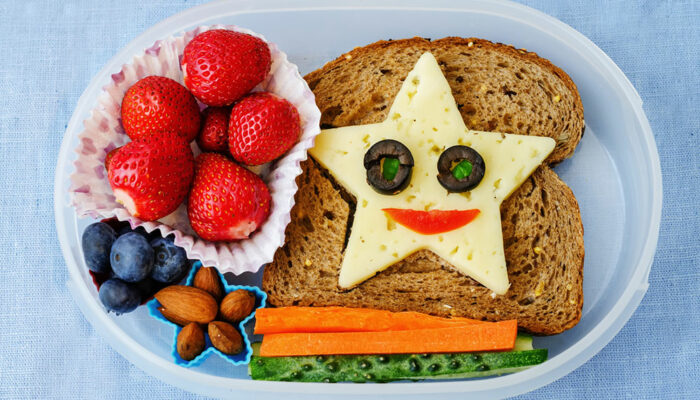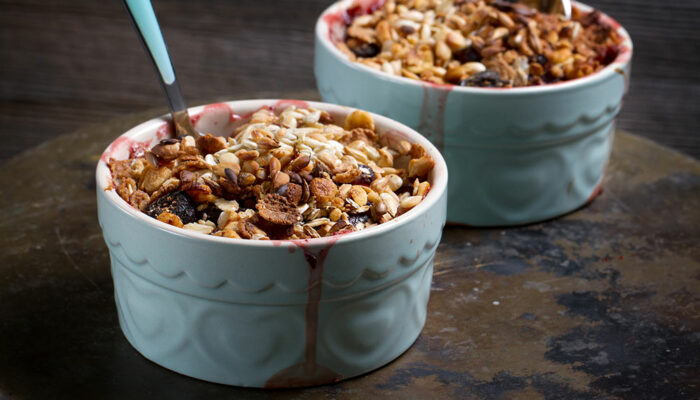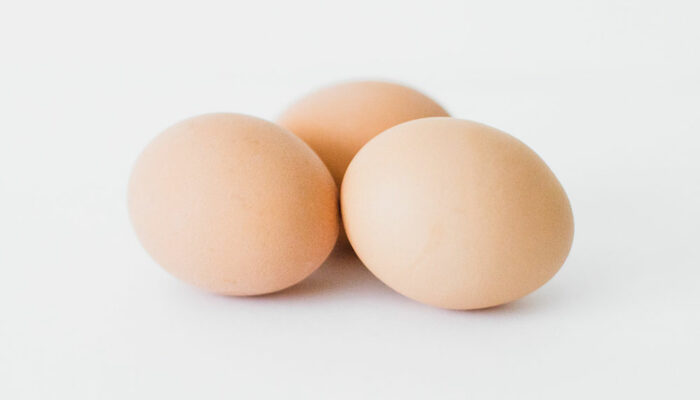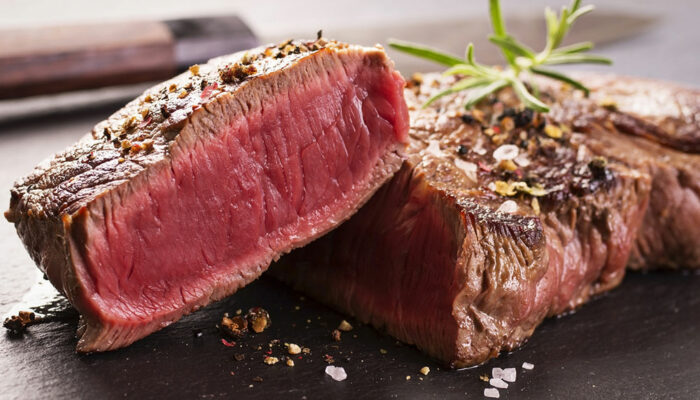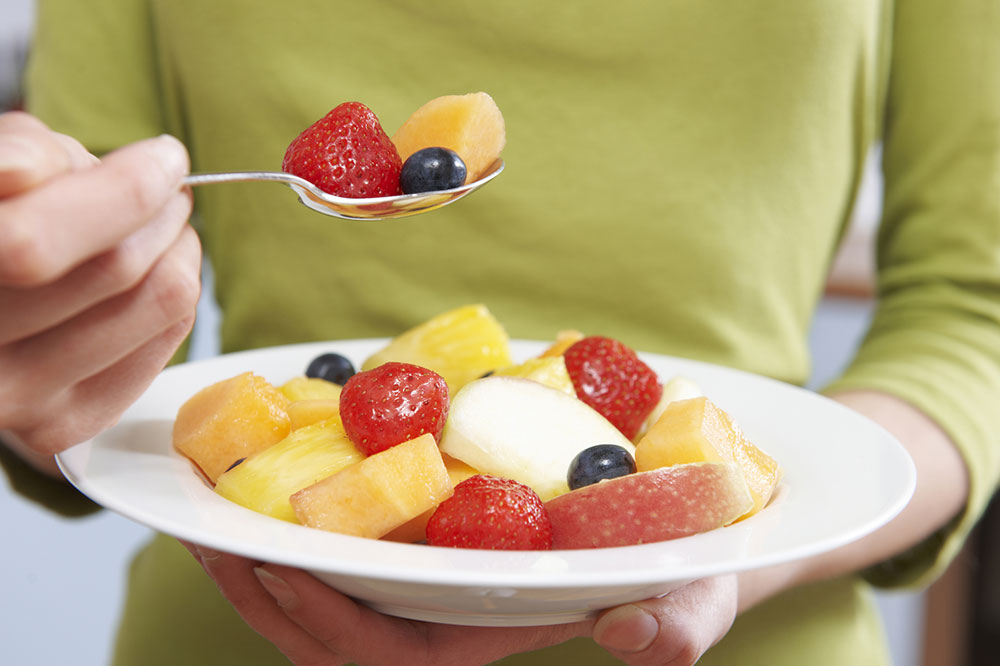
6 Popular Diets for IBS
IBS makes your life difficult in so many ways, and while there are medical treatments available, food can help you too. Food enables you to improve your IBS symptoms. Here are the six popular diets for IBS that you should be aware of.
Low-FODMAP diet
FODMAPs are essentially carbohydrates that cannot be digested easily, but not all carbohydrates fall under the category of FODMAPs. When you limit how many FODMAPs you consume for about eight weeks, you will notice an improvement in your IBS symptoms. In this diet, you should include foods such as legumes, lactose, sweeteners, pistachios, and wheat-based pasta, and bread. You need to avoid vegetables such as broccoli, artichoke, and onions. You should avoid fruits such as apples, peaches, plums, and pears.
Low-fiber diet
When you have diarrhea and gas, a diet low in fiber is recommended by experts. This does not mean you stop eating fiber altogether. Instead, you should consume food sources that contain soluble fiber as it can easily dissolve in water. Some examples of foods that contain soluble fiber include broccoli, tomatoes, whole grains, oatmeal, apples, carrots, raisins, and berries. Sometimes when you are eating out, you may want to eat anti-diarrheal medication before you consume fiber. You should consult your doctor about this.
High-fiber diet
Your IBS symptoms can improve if you take a diet high in fibrous foods. On average, an adult requires up to 35 grams of fiber per day. But many people don’t consume that much. Foods such as whole grains, vegetables, and fruits, help prevent problems such as constipation, which is one of the IBS symptoms. Certain people can have a bloating issue when they suddenly increase the fiber content. In this case, opting for foods high in soluble fiber is recommended rather than consuming grains.
Gluten-free diet
Many people are gluten-intolerant. This means when they eat such foods, their intestines are damaged, making their IBS symptoms worse. Gluten is found in products such as pasta and bread. If you are gluten-intolerant, then a gluten-free diet can help. You should start by removing foods such as wheat and barley from your diet then wait to see whether you see any improvements. If you see improvements, then opting for gluten-free products is recommended. You can find many such products today.
Low-fat diet
A diet high in fat can cause you to experience more discomfort when you have IBS because they generally have a low-fiber content. The Cleveland Clinic states that people who have mixed IBS, i.e., those with diarrhea and constipation, have more problems when they consume a diet high in fats. A low-fat diet can be helpful in such cases as it not only improves your symptoms, but it is excellent for your heart too. In the low-fat diet, foods such as grains, lean meats, low-fat dairy products, fruits, and vegetables are encouraged.
Elimination diet
Some foods might be causing your IBS symptoms to become worse, and this diet focuses on finding those culprits. The elimination diet consists of removing one food from your diet for 12 weeks and then checking whether you see any improvements in your symptoms. If you see considerable improvement, then you should go ahead and eliminate the next food that you suspect is causing you problems. The common foods that people with IBS have a problem with usually include insoluble fiber, coffee, nuts, and chocolate.
